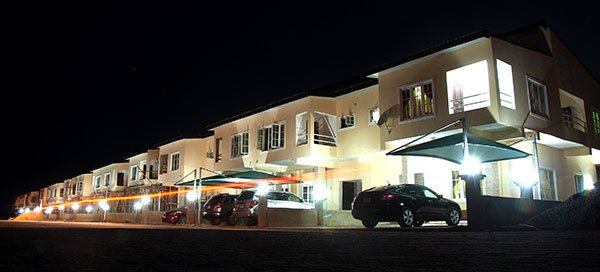A Federal High Court in Lagos has ruled that estate developers or residents’ management associations may lawfully restrict access through the main gates of a residential estate to residents who default on agreed dues or levies, provided such payments were contractually agreed and an alternative route for entry and exit exists.
The judgment, delivered by Justice D. E. Osiagor, arose from a dispute between Lekki Gardens Estate Limited and residents of Lekki Gardens Estate Phase 2 over control of entry points and enforcement of estate dues.
Background of the Dispute
The residents had asked the court to restrain the developer from obstructing access to their homes, arguing that they were entitled to full and unrestricted movement within the estate. The company countered that homeowners were bound by management agreements that required payment of levies for shared services such as security and waste disposal.
In determining the matter, the court found that where residents have voluntarily entered into estate agreements, those obligations are binding and enforceable. It held that access through the main barriers can be regulated to encourage compliance with agreed dues, so long as the measures do not amount to a total denial of entry.
Key Findings
-
Estate dues and levies form part of contractual obligations once voluntarily agreed upon by residents.
-
Developers or estate associations may enforce compliance through access control at the main gate.
-
Such restrictions are lawful only if an alternative route of ingress and egress remains available.
-
Residents retain the right to peaceful enjoyment of their property, subject to the estate’s valid governance framework.
Justice Osiagor’s decision thus clarifies that access regulation is a legitimate enforcement tool, not an infringement of property rights, when grounded in a valid contractual relationship.
Relation to Earlier Precedent: Megawatts Nig Ltd v. Gbagada Phase 2 Residents’ Association
The Lekki Gardens judgment refines earlier jurisprudence from Megawatts Nig Ltd v. Registered Trustees of Gbagada Phase 2 Residents’ Association, delivered in 2020 and reviewed by Arbiterz in November 2024.
In that case, Justice Nicholas Oweibo held that residents cannot be compelled to join or pay dues to associations without consent, reaffirming the constitutional right to freedom of association.
The Lekki Gardens case builds on that foundation—confirming that where residents do consent and agree to pay, the resulting obligations are enforceable, including through reasonable gate-control measures.
Together, the two cases outline the judicial balance between private property rights and communal estate governance in Nigeria’s gated estates.
Implications for Gated Communities
Legal experts say the ruling is likely to influence future disputes across Lagos and Abuja, where residents’ associations and developers frequently clash over levies and access control.
The court’s position means:
-
Agreed levies are enforceable, and refusal to pay may attract proportionate access restrictions.
-
Absolute blockage is unlawful, but controlled main-gate access is valid if an alternative route exists.
-
Contracts must be clear on rights, duties, and the scope of management powers to avoid future litigation.

